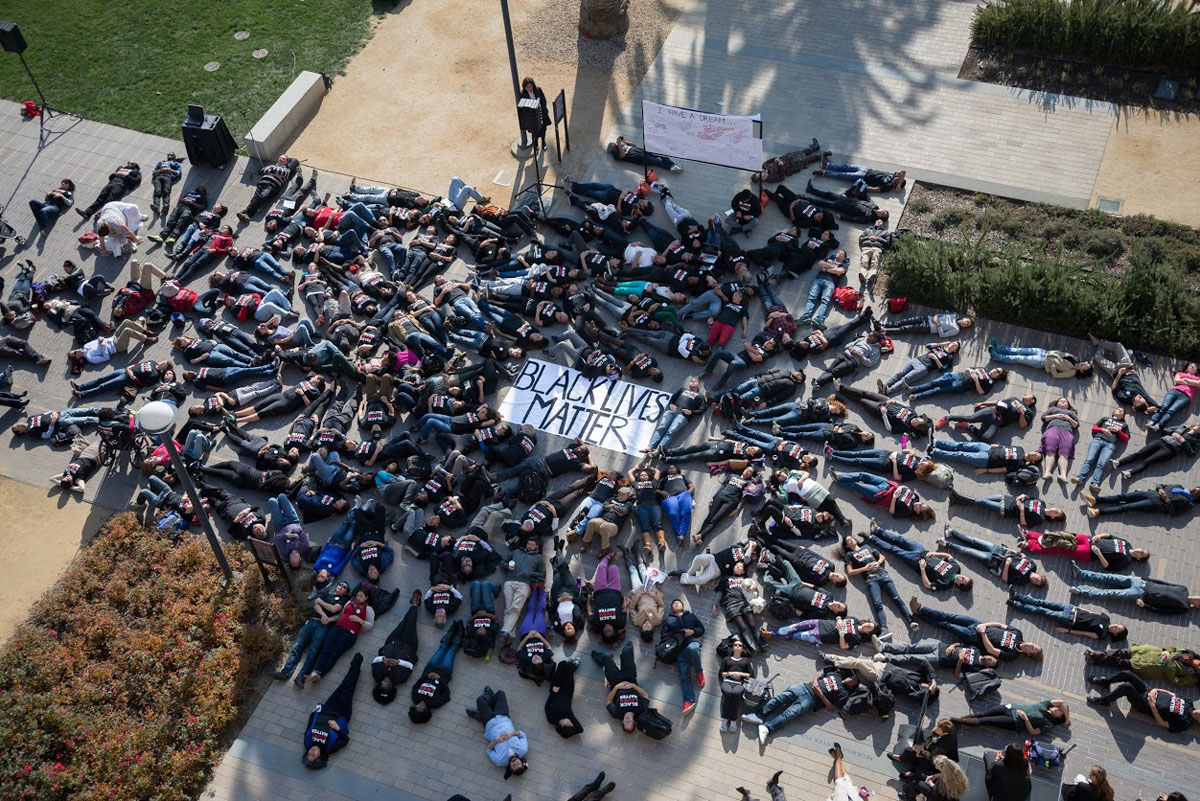 We’re Psyching the Vote for APAGS Member-at-Large, Research/Academic Focus! During the month of April, APAGS members can submit an elections ballot for elections for APAGS chair-elect and four members at large (link contains position descriptions and official bios). Members will get an email with voting instructions on April 1. This post is the fourth in a series of six between now and Thursday in which candidates voluntarily answer our questions in 200 words or less, to give voters some insight into what they will bring to their prospective positions. Jacklynn Fitzgerald is the sole candidate for today’s featured role.
We’re Psyching the Vote for APAGS Member-at-Large, Research/Academic Focus! During the month of April, APAGS members can submit an elections ballot for elections for APAGS chair-elect and four members at large (link contains position descriptions and official bios). Members will get an email with voting instructions on April 1. This post is the fourth in a series of six between now and Thursday in which candidates voluntarily answer our questions in 200 words or less, to give voters some insight into what they will bring to their prospective positions. Jacklynn Fitzgerald is the sole candidate for today’s featured role.
Our question for APAGS Member-at-Large, Research/Academic Focus:
Right now APAGS is concerned about adjunctification; that is, the movement of many tenure track positions in the academy to adjunct positions. What advice would you offer student scientists, and what practical solutions would you ask the APAGS committee to focus on in the near and long terms to examine or address this issue?
Jacklynn Fitzgerald responds:
 With the rise in adjunct faculty, students should be increasingly strategic in choosing positions that advance them professionally. One common misconception is that accepting an adjunct position will lead to a tenure-track faculty opportunity within the same institution. While this is sometimes the case, it is not the norm owing to the fact that while adjunct professors are distinguished educators; their achieved skills may be dissimilar from those of a tenured-track research position. That is, while teaching as an adjunct professor can be fulfilling and creates unique opportunity, students should consciously consider ways in which these positions facilitate their ultimate career goals.
With the rise in adjunct faculty, students should be increasingly strategic in choosing positions that advance them professionally. One common misconception is that accepting an adjunct position will lead to a tenure-track faculty opportunity within the same institution. While this is sometimes the case, it is not the norm owing to the fact that while adjunct professors are distinguished educators; their achieved skills may be dissimilar from those of a tenured-track research position. That is, while teaching as an adjunct professor can be fulfilling and creates unique opportunity, students should consciously consider ways in which these positions facilitate their ultimate career goals.
Additionally, as institutions rely on adjunct professors for different reasons, sometimes to expose undergraduates to experts with unique perspective and sometimes to free up finances, students should be aware that each rationale holds different consequences for an institution’s climate. Because of this reality, I believe that the APAGS committee should work long-term to create resources in order to help students choose an academic institution as a home and employer. Ideally, these resources critically assess the impact of adjunctification on the financial and intellectual health of institutions so that emerging scientists may better educate themselves on employment options.
*******************
Be on the lookout tomorrow for our next post in this series and be sure to vote when you receive your APAGS electronic ballot on Friday! — APAGS Staff.


 While I think it is incredibly valuable to be involved with niche organizations, being a part of the larger APA organization allows a few unparalleled opportunities: specifically for networking, emphasizing a well-rounded understanding of the field, and offering a chance to learn and share with diverse perspectives. Due to costs, both financially and with time, we often have to choose divisions that support our interest areas carefully. I have many interests outside of my specific division areas that are vital to my identity as a psychologist. Being a part of APA allows me the opportunity to connect with other professionals beyond my few selected niche areas, and to find connections and similarities with people who I otherwise might not ever meet. When conceptualizing ideas, research areas, and even clients, I know that I find it can be easy to become entrenched in a single, familiar area. APA offers a chance to connect with diverse perspectives, increasing my understanding of important issues. I love to connect with others to learn and grow as a professional. Membership in APA allows us to become well-rounded professionals while offering support in connecting to those with similar or dissimilar interests.
While I think it is incredibly valuable to be involved with niche organizations, being a part of the larger APA organization allows a few unparalleled opportunities: specifically for networking, emphasizing a well-rounded understanding of the field, and offering a chance to learn and share with diverse perspectives. Due to costs, both financially and with time, we often have to choose divisions that support our interest areas carefully. I have many interests outside of my specific division areas that are vital to my identity as a psychologist. Being a part of APA allows me the opportunity to connect with other professionals beyond my few selected niche areas, and to find connections and similarities with people who I otherwise might not ever meet. When conceptualizing ideas, research areas, and even clients, I know that I find it can be easy to become entrenched in a single, familiar area. APA offers a chance to connect with diverse perspectives, increasing my understanding of important issues. I love to connect with others to learn and grow as a professional. Membership in APA allows us to become well-rounded professionals while offering support in connecting to those with similar or dissimilar interests.





